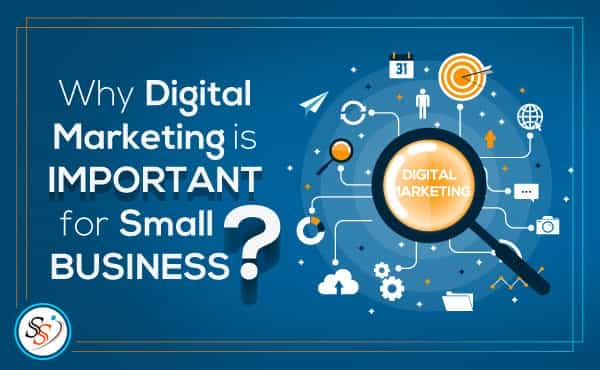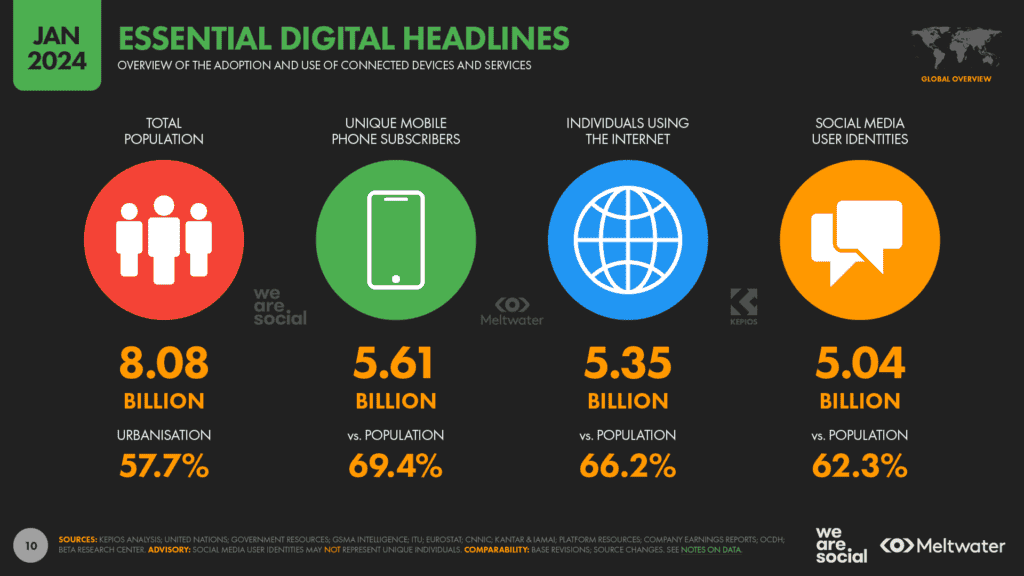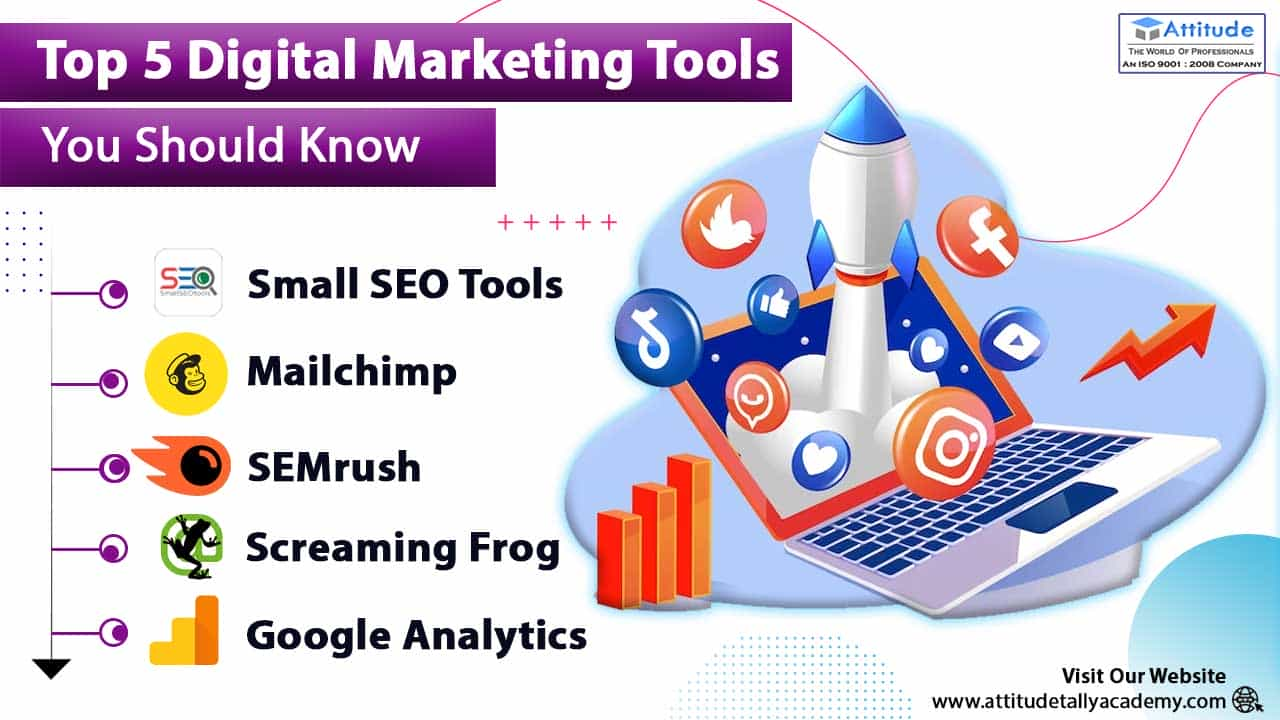5 Common Financial Myths You Need to Stop Believing
Mia Anderson

Photo: 5 Common Financial Myths You Need to Stop Believing
Personal finance is a complex and ever-evolving journey, filled with decisions that can shape your financial future. As you strive to make informed choices, it's crucial to separate fact from fiction. In the vast landscape of financial advice, myths and misconceptions can easily cloud your judgment, leading you astray from the path to financial freedom. This article aims to shed light on five common financial myths that you should stop believing, empowering you to make more informed and confident decisions about your money.
Myth 1: Retirement Planning is Only for the Old
Reality Check: Retirement planning is not exclusive to the elderly. It's a lifelong journey that should begin as early as possible.
One of the most pervasive financial myths is the notion that retirement planning is solely for those approaching their golden years. This misconception often leads younger individuals to postpone their financial planning, believing they have ample time to spare. However, the reality is that starting early is one of the most powerful tools in your financial arsenal.
Consider this scenario: Sarah, a 25-year-old recent graduate, decides to start saving for retirement. She contributes a modest amount each month to her retirement account. Fast forward 40 years, and Sarah's consistent contributions, coupled with the power of compound interest, have grown into a substantial nest egg. This early start has allowed her to retire comfortably, enjoying the fruits of her financial foresight.
Starting early provides a longer time horizon for your investments to grow, allowing you to benefit from the magic of compounding. It also offers a safety net against unforeseen financial setbacks and provides the flexibility to adjust your savings strategy as your life circumstances change.
Myth 2: Debt is Always Bad
Busting the Myth: Not all debt is created equal, and some forms can be a strategic tool for building wealth.
Debt often carries a negative connotation, and it's easy to fall into the trap of believing that all debt is detrimental. However, this financial myth overlooks the strategic use of debt as a tool for wealth creation.
Imagine a young entrepreneur, John, who takes out a business loan to launch his startup. This debt allows him to invest in equipment, hire talent, and establish a solid foundation for his company. As the business grows, John's debt becomes a stepping stone to success, enabling him to expand and generate substantial profits.
Not all debt is bad debt. Strategic borrowing, such as taking out a mortgage to buy a home or a student loan to invest in education, can be a wise financial move. The key is to understand the difference between good debt and bad debt. Good debt is an investment that has the potential to increase your net worth over time, while bad debt is typically used to finance depreciating assets or short-term consumption.
Myth 3: You Need a High Income to Invest
Debunking the Misconception: Investing is accessible to individuals from all income brackets.
Many people believe that investing is only for the wealthy, but this is far from the truth. The idea that you need a high income to invest is a financial myth that can deter individuals with modest earnings from exploring the world of investing.
Let's take the example of Emily, a teacher with a modest salary. She decides to start investing in the stock market by allocating a small portion of her monthly income. Over time, her investments grow, and she learns to diversify her portfolio, gradually building her wealth.
The beauty of investing is that it's a scalable activity. You can start small and gradually increase your contributions as your financial situation allows. Many investment platforms and apps cater to beginner investors, offering low-cost options and educational resources. By starting early and adopting a long-term perspective, individuals with varying income levels can participate in the market and work towards their financial goals.
Myth 4: Financial Planning is Too Complex for the Average Person
Reality: Financial planning is a learnable skill, and you don't need to be an expert to take control of your finances.
Financial planning can seem daunting, with its jargon and complex strategies. This complexity often leads people to believe that it's beyond their capabilities, creating a barrier to financial literacy. However, this financial myth can be dispelled with the right mindset and resources.
Take the story of Michael, a self-proclaimed "finance novice." He decided to take charge of his finances and began by educating himself through online courses and financial blogs. He started with the basics, learning about budgeting, saving, and investing. Gradually, he gained confidence and began implementing simple financial strategies in his daily life.
Financial planning is a skill that can be acquired through education and practice. Numerous resources, including books, online courses, and financial advisors, are available to guide you on your journey. By taking small steps and seeking reliable information, anyone can become more financially literate and make informed decisions.
Myth 5: The Stock Market is a Gamble
Setting the Record Straight: While the stock market carries risks, it is not a game of chance.
The stock market is often associated with risk and uncertainty, leading some to view it as a gamble. This financial myth can deter risk-averse individuals from exploring the potential benefits of investing in stocks.
Imagine a conservative investor, Lisa, who is hesitant to invest in the stock market due to its perceived volatility. However, after thorough research and consultation with a financial advisor, she discovers that a well-diversified portfolio can mitigate risks and provide long-term growth.
Investing in the stock market is not akin to gambling. It is an investment strategy that, when approached with research and a long-term perspective, can offer substantial returns. Diversification, a fundamental principle of investing, involves spreading your investments across various assets to minimize risk. By understanding market trends, conducting thorough research, and seeking professional advice, individuals can make informed investment decisions and manage their risk exposure.
Conclusion: Empowering Your Financial Journey
In the realm of personal finance, myths and misconceptions can be stumbling blocks on the path to financial success. By debunking these five common financial myths, we've uncovered valuable insights that can empower you to make more informed decisions.
Retirement planning is a lifelong endeavor, and starting early is a strategic advantage. Debt can be a strategic tool when used wisely. Investing is accessible to all income levels, and financial planning is a learnable skill. Lastly, the stock market, while risky, is not a gamble when approached with knowledge and a long-term vision.
As you navigate your financial journey, remember that financial literacy is a powerful tool. By questioning common beliefs and seeking reliable information, you can make choices that align with your goals and circumstances. Stay informed, stay curious, and take control of your financial future.
Marketing
View All
January 21, 2025
Why Digital Marketing is Vital for SMBsDiscover why small businesses must adopt digital marketing in 2024. Learn tips and tactics to compete in the digital age. Take your business online today!
Mia Anderson

January 23, 2025
Social Media in Digital Marketing 2024Learn how social media is revolutionizing digital marketing in 2024. Boost your brand with actionable tips for viral campaigns!
Mia Anderson

January 20, 2025
5 Best Digital Marketing Tools for GrowthUncover the top 5 digital marketing tools every marketer needs. Boost efficiency, drive results, and streamline your campaigns now!
Mia Anderson
Entertainment
View AllDiscover how streaming is revolutionizing the movie industry. Explore its impact and future trends. Click to stay ahead in the entertainment world!
Mia Anderson
Discover the latest viral marketing strategies that can catapult your brand to success in 2024. Learn proven tips to create buzz and engage your audience. Start now!
Mia Anderson
Discover the top Marvel movies of 2024 that are generating buzz! Unveil must-watch films, explore reviews, and find out why these hits are worth your time.
Mia Anderson
Ready to start vlogging in 2024? Learn the essential steps, gear, and tips to create engaging content. Start your vlogging journey today and captivate your audience!
Mia Anderson
Automotive
View AllFind out about the latest tax incentives and rebates available for EV buyers in 2024. Save money on your next purchase!
Read MoreDiscover the rapid growth of EV adoption worldwide. Learn key stats, trends, and how it’s shaping the future of mobility.
Read MoreUncover why Dealer Daily is revolutionizing the auto industry. Gain a competitive edge with these powerful strategies.
Read MorePolular🔥
View All
1
2
3
4
5
6
8
9
10
Technology
View All
August 12, 2024
Small Business, Big Leap: Call Center Software that Scales with You
Elevate your small business with call center software. Discover the top 5 platforms with advanced features like AI bots and omnichannel support to transform your customer experience.

December 14, 2024
How to Save Big on Your Next Tech Purchase: 7 Tips You Need to Know
Save big on your next tech investment! Our 7 expert tips will help you find the best deals. Click to learn more and shop smart.

December 5, 2024
These Tech Trends Are Changing the Game – Get Ahead of the Curve!
Stay ahead of the tech curve! Discover the latest trends shaping the industry. Click to explore and be the first to embrace the future.
Tips & Trick






















